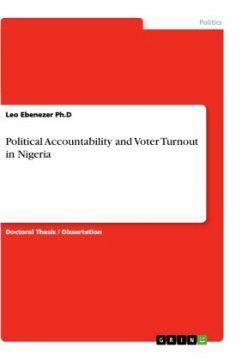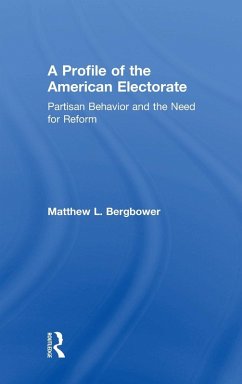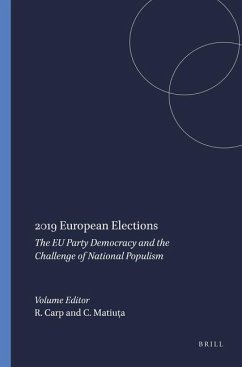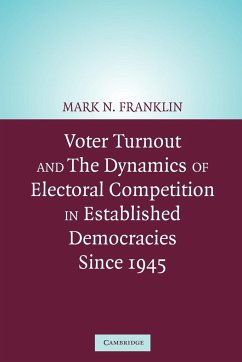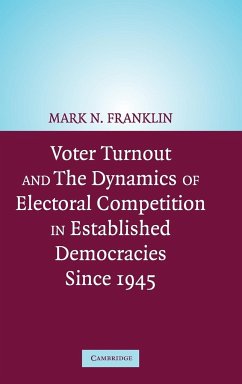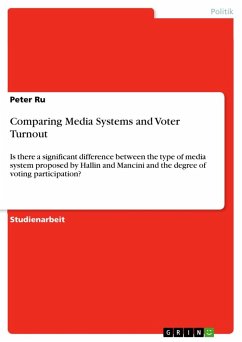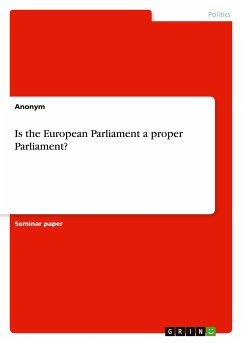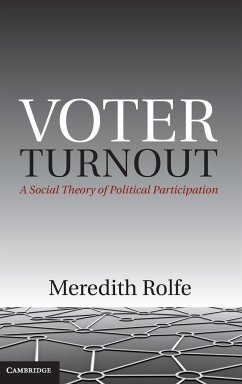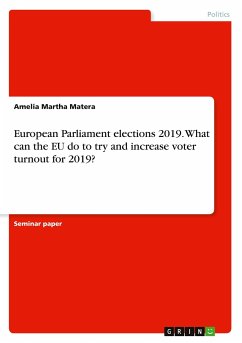
European Parliament elections 2019. What can the EU do to try and increase voter turnout for 2019?

PAYBACK Punkte
0 °P sammeln!
Seminar paper from the year 2018 in the subject Politics - International Politics - Region: Western Europe, University of Malta (Institute for European Studies), language: English, abstract: It is becoming increasingly difficult to ignore the low voter turnout at the European Parliament (EP) and its future elections are just around the corner, 2019. The purpose of this paper is to review past EP elections and define proposals, which could allow the European Union (EU) to fight abstention, and to give an opinion about the voter turnout at the next elections.The first section of this paper will ...
Seminar paper from the year 2018 in the subject Politics - International Politics - Region: Western Europe, University of Malta (Institute for European Studies), language: English, abstract: It is becoming increasingly difficult to ignore the low voter turnout at the European Parliament (EP) and its future elections are just around the corner, 2019. The purpose of this paper is to review past EP elections and define proposals, which could allow the European Union (EU) to fight abstention, and to give an opinion about the voter turnout at the next elections.The first section of this paper will examine the role and development of the EP, discuss the EU democratic deficit and Euroscepticism. It is fundamental to have a background in this field before coming to an analysis of the past elections, parties and Members of the EP (MEP) and to the main discussion of this paper, the proposals the EU could adopt to increase voter turnout and to a personal opinion of future voter turnout.The EP is the only directly elected international Parliament, this institution has many peculiarities. (Wagner, 2002:24) At the beginning of the EU, the EP was merely an assembly with a consultative role, it was with the Rome Treaty that the first view of a Parliament came out which was finally established in 1979. (Wagner, 2002: 24) The steps of its empowerment are several, the most important are: in 1987 the Single European Act which introduces the co-operation procedure, 1993 the Maastricht Treaty, which introduces the co-decision procedure and the Amsterdam Treaty in 1999 which extend the co-decision procedure. (Wagner, 2002: 25) The last and more important step of empowerment is with the Lisbon Treaty, which set out the co-decision as the normal legislative procedure.





